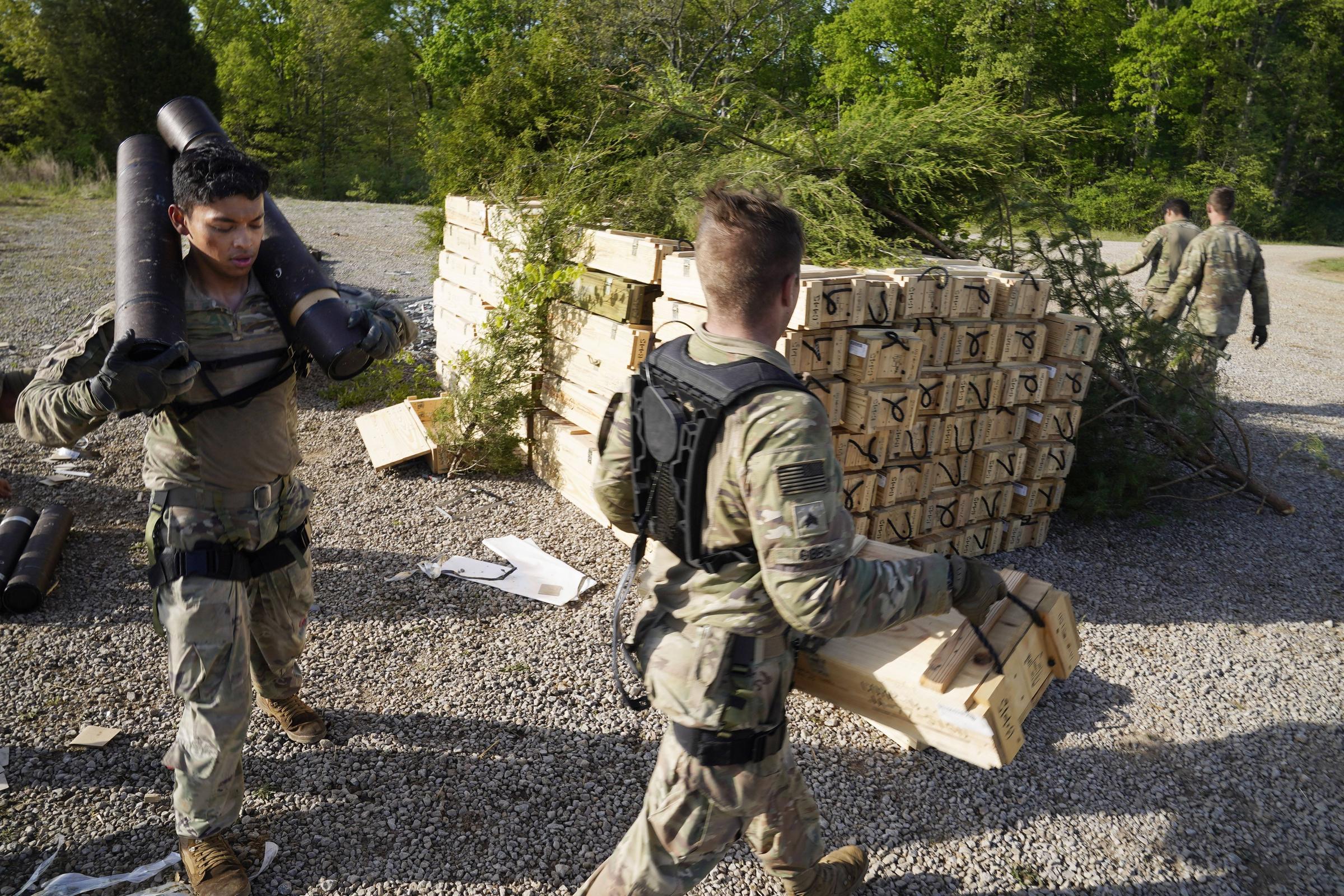
Funding is essential for a nation's defense. This is especially true for the Air Force and Marine Corps. In the past year, the Army fund exceeded its retention mission by 7,147 soldiers. It is also imperative for the Air Force to continue improving. It is also important to increase the number of maintenance personnel in key career areas. Additionally, it is essential to optimize the use of aircraft support inventory.
The author discusses the most important issues that influence Air Force operations and offers insight into current challenges for airmen. He makes a case for the Air Force's principal contributions: global capabilities, support to other services, and providing national security. He also gives a brief history of the Air Force's relationship to the Army. He describes the continuing disagreements among the two branches of service and highlights the need for effective air land integration.
In addition, he outlines six common blind spots in modern military culture. These blind spots can hinder the comprehensive development of highly skilled leaders. He also suggests unique opportunities for military leaders that allow them to reflect on their leadership. He closes his report by giving a four-slide overview on winning or losing.
Using the tenets of centralization and decentralization, Colonel Hinote explores the need for improved communication between the Air Force and the ground force. He believes that the Air Force will be able to achieve its goals and reduce risk if there is greater cooperation between these two services. These principles were applied to the wars in Afghanistan, and Iraq. He suggests that each Air Force area be evaluated to determine its progress and the challenges it faces.
The Air Force must also improve its health care system. TRICARE Prime Remote, which aims to improve the health of military retirees as well as their families on active duty, is a key part of this effort. This program provides family members with full benefits and coverage under TRICARE insurance. All military retirees over 65 years old are eligible for the program. It may be waived at the discretion of the Secretary of Defense.
The Air Force must improve its health care systems to meet the needs of its workforce. Additionally, it must ensure that maintenance is performed to the highest standards. The Air Force must increase personnel in the maintenance careers. Air Force must also reduce their number of aircraft. These improvements will help it to better meet commanders' needs.
To ensure it meets its end strength shortfalls, the Air Force must also assess its contributions. It also must evaluate its readiness in all areas. It must also eliminate the strategy-resources mismatch.
The Air Force must also look at its ties to Army. It must ensure that Bradley force is compatible to the active component and A2 compatibility. It must also ensure the Bradley force is capable of meeting critical field requirements and Department of Defense deployment standard.
These requirements must also be met by the National Guard. It must meet all its field training requirements as well as its annual training requirements. It must also meet the requirements of the EST 2000 systems.